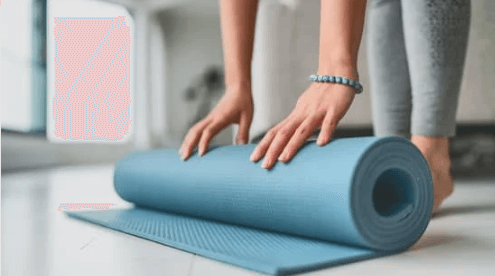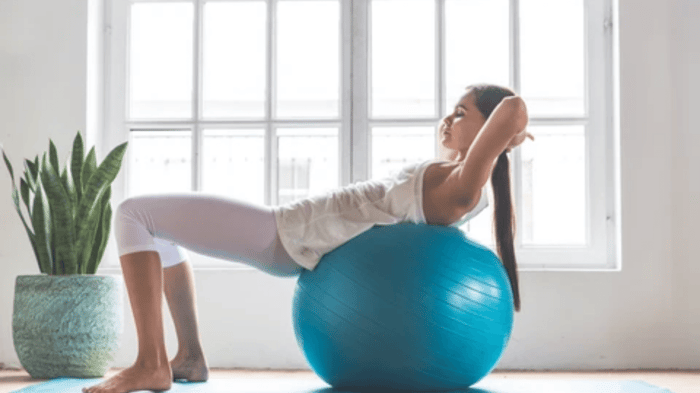
We all know that exercise is good for us. Regular physical activity has many positive effects on the immune system and has been shown in many studies to provide protection against chronic diseases like heart disease, diabetes and some cancers. It is also great for mental health; helping to reduce stress, depression and anxiety and improve overall feelings of well-being.
Even though the health benefits are widely known, only 19% of women, 26% of men and 20% of adolescents in the U.S. meet the recommended amounts of daily exercise. In a respiratory pandemic, having a robust immune system is your primary defense. If infected with COVID you want to be in the 80+% of patients who have mild or no symptoms. Exercise can improve your chances.
What Goes Wrong: ARDS
Coronavirus and other viral pathogens that cause respiratory illness make us sick by infecting the throat, sinuses, airways, and lungs. The immune system detects the virus particles and goes into action to defeat them. As the immune system attacks the viral invaders it causes inflammation as a normal side-effect. If the immune system becomes overwhelmed the inflammatory processes can sometimes become excessive and start damaging large amounts of healthy cells. In the lungs this out-of-control inflammatory process can damage the lung tissue, causing fluid build-up, severe breathing problems, and pneumonia.
This complication is known as Acute Respiratory Distress Syndrome (ARDS) and is deadly in 3 -17% of COVID cases. The severe damage to the lungs prevents oxygen from reaching the other organs in the body, and often results in the need for oxygen supplementation and breathing assistance such as ventilators.
Exercise Reduces Underlying Health Conditions
Regular exercise reduces comorbidities such as obesity, diabetes, and other underlying health conditions. We know that outside of advanced age, the best predictor of having severe complications during a COVID-19 infection is having one or more comorbidities. These comorbidities are generally associated with higher levels of inflammation throughout the body, and hormonal imbalances related to having excess adipose (fat) tissue that play a role in the dysregulation of the immune system.
Regular exercisers generally have lower rates of these problematic underlying health conditions and therefore a reduced chance for hospitalization or complications with a COVID infection. Even if you do not currently exercise or fall into a high-risk group, starting to work out 2-3 times per week will have some immediate and beneficial effects.
Exercise-Induced Antioxidant
In recent studies moderate aerobic exercise has been shown to prevent or reduce the severity of the ARDS complication in respiratory illnesses. This is huge since much of the severe symptoms and death in COVID-19 results from ARDS. The key to understanding the mechanisms at play is in the muscle tissue. When muscle tissue is active it produces an endogenous antioxidant called extracellular superoxide dismutase (EcSOD). This antioxidant is made in the active muscles and then sent into the bloodstream. It is sent throughout the body to the lungs and other vital organs where it binds with specific cells and provides protection to tissues by eliminating destructive free radicals.
EcSOD is superior to any oral antioxidant we could take since it is designed to stick to specific organs, including the lungs. An oral supplement might never get where we needed it most. Research is ongoing to determine exactly how much and what types of exercise will induce the optimal production of EcSOD in order to prevent ARDS.
Don’t Wait to Start Exercising!
You can start moving today and immediately improve your vitality and immunity. Health authorities recommend 30 minutes of daily moderate cardiovascular activity, such as walking, with 2 days per week of strength training for healthy adults. Moderate exercise is best for immune enhancement, since overly intense exercise can depress immune function temporarily.
Of course, the best exercise is something you enjoy and right now it needs to be something that’s compatible with social distancing or able to be done at home. Besides walking there are many other good options including body weight calisthenics, active flow yoga or bike riding.
We also recommend exercising outside to get a dose of vitamin D and another boost to your immune health. Whatever you choose to do--just make sure you get those muscles moving for more EcSOD!
Check with your doctor before starting any exercise program, and listen to your body to avoid overtaxing yourself.

.JPG)


